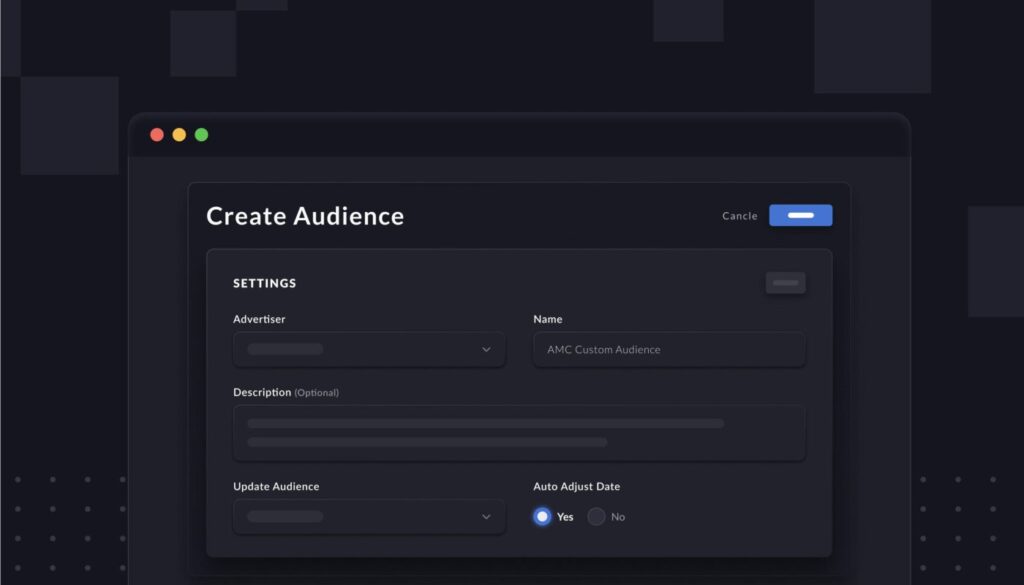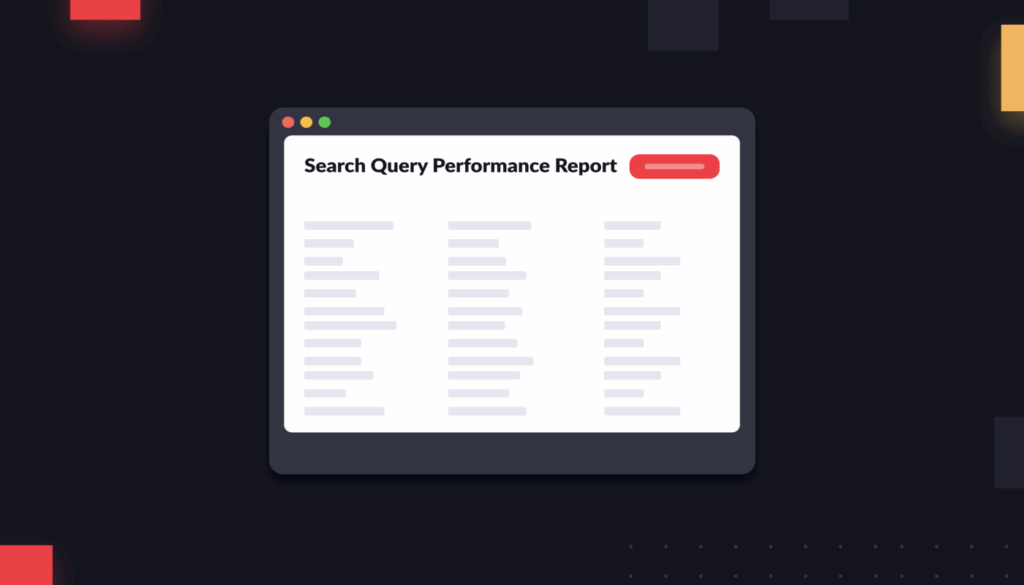In a recent edition of this newsletter, we asked readers to submit their burning questions about all things Amazon, data, and AI.
We got some great responses, and our CEO Sreenath Reddy answered a small selection.
Below, we’re excited to present you the first in what we hope will be a recurring mailbag edition of our newsletter.
Want to contribute? Be sure to read to the bottom to see how you can send in your own questions.
Am I missing out by not integrating tools like ChatGPT into my business strategy right now?
Before I answer this, I want to establish what ChatGPT is. ChatGPT is a new AI platform built on top of a “large language model” (LLM). It has the ability to take in prompts and other inputs and deliver relevant outputs.
These are its two core use cases: Extract insights and create content
As with any new innovation, I think that brands and agencies should play around with ChatGPT and tease out whether or not it has a real application for their business. That way, you’ve put yourself in the position to discover opportunities with LLMs.
But remember, we really are in the early stages with these tools. If you’re not using them yet, I don’t know that you need to have any kind of FOMO.
What you should do no matter what, however, is prepare for the scenario in which an AI capability comes around that is useful to your business. That means ensuring all your critical datasets are well-organized and well-oiled.
As AI capabilities become more and more accessible, the quality of input will have a huge bearing on the quality of output from these models. So keeping your data organized and comprehensive is essential, whether or not you’re using AI yet.
I know you talked about using AI for review analysis in a recent newsletter. What are other use cases of AI that you foresee businesses trying out in the near future?
As discussed, LLMs can do two main things: Creation and extraction. On the creation front, one obvious place where I see AI taking hold is around generating product content.
Brands and agencies are already starting to use ChatGPT and other LLMs to write product titles, descriptions, and tags. Especially when you have a large product catalog, leaning on ChatGPT to generate content at scale makes a lot of sense.
In the long term, I also foresee AI tools becoming sophisticated enough to layer narrative descriptions on top of data. I’m imagining AI tools that are able to take your ad data, for example, and come up with a narrative description explaining what happened or what changed. You can easily read it on a mobile phone and be fully up-to-speed.
For example, you might be able to integrate your ad data with AI capabilities and ask the AI, “What happened to my ad performance last month?” The AI would return a deep analysis explaining why your ad revenue or ad spend went up or down last month.
We’re not there yet, of course. But I could see this becoming the next frontier.
What skills should I focus on developing to get better at managing my data?
This is a question I get a lot from brands and agencies that want to boost their data management capabilities.
The real answer is long, but here are a few skills I often highlight:
SQL. Fragmented data is an inevitable part of Amazon. You have data from Seller Central, Vendor Central, sponsored ads, and much more.
Let’s assume you are storing this data in a warehouse somewhere. To unify all of those data sets, SQL skills can be very handy. With SQL, you can, for instance, join an ad table that has product metrics with an overall sales table that also has product metrics. That way, you can see a full, interconnected view of your product performance very quickly.
These skills can be hard, but they are important for all aspects of data management.
Also, if you want to unlock insights from Amazon’s latest tool, Amazon Marketing Cloud, you have to know SQL. In essence, SQL is a super power. Go get it.
Knowledge of new data sources. Amazon is constantly putting out new and exciting data sources, from Amazon Marketing Stream to Amazon Marketing Cloud to the sponsored ads APIs, and much more. You need a process for staying on top of all of these data sources.
Regression analysis. Some ability to perform regressions on complex data sets, even if it’s just in Excel, is critical. That’s because, in the Amazon world, a multiplicity of factors usually influences outcomes.
Let’s say your sales go up. It probably is because of a combination of inputs, such as advertising, organic ranking, content quality, and so on. Regression skills allow you to evaluate how a multitude of factors contributed to a particular outcome.
This is an advanced skill, however, designed for someone who has already mastered the first two.
Should I work with an agency, or should I take my ad management in-house?
If you don’t have anyone on your team dedicated to running your ads, and you don’t have the resources to keep up with Amazon’s updates, then an agency makes sense.
But if you want to explore managing your ads in house, you should think through the following:
People. You not only need dedicated Amazon/retail media ad people on your team, but you also need a plan for attrition. What happens if your main ad manager leaves? Make sure you are investing in teaching Amazon skills to people across your company, so that the ad side doesn’t flounder the moment an employee moves on.
Process. Make sure you craft well-defined repeatable processes for both tactical and strategic aspects of ad execution. Tactical examples include performance diagnostics and account structure design.
Strategic examples include budget forecasting, testing, and experimentation. For instance, when you want to troubleshoot performance (why did your ACOS go up?), you need a standard procedure to do it. Otherwise it can be a nerve-wracking, unscalable experience.
Tools. As we discussed above, numerous different factors influence ad performance on Amazon. Retail factors, for example, often have a lot to do with your successes or failures in advertising.
You need to build out the infrastructure to see all of these factors in combination. You should, at the very least, have the tools to view your ad and retail metrics together. That requires good technology. Whatever tools you choose, assessing your partners on their quality of support is crucial. The space changes fast and you need partners that are in lock-step with you.
(Want to ask your own question? Be sure to subscribe to our newsletter to receive more content like this.)







